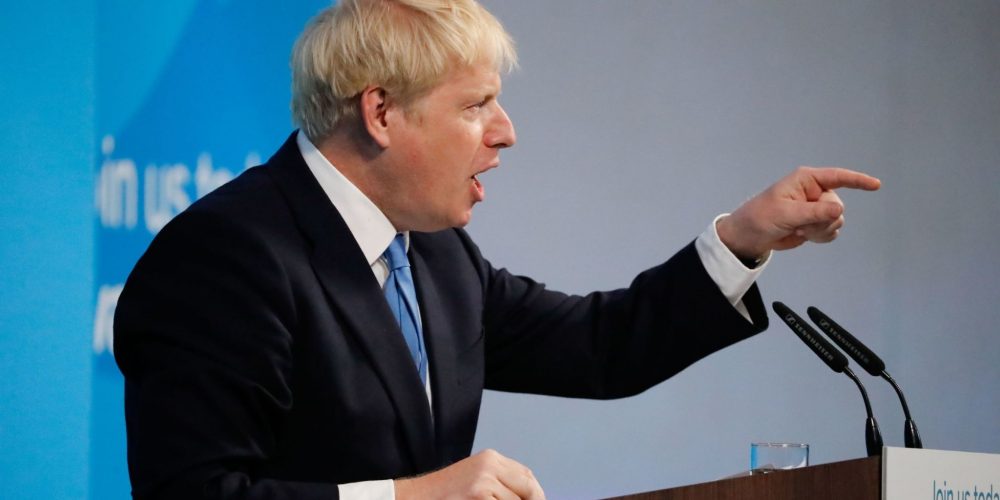Solicitors’ leaders today made an urgent plea to incoming prime minister Boris Johnson to put the criminal justice system at the heart of the priorities of his administration.
“If you want justice you have to invest – decades of cuts to this fundamental part of our country’s infrastructure mean the whole system is crumbling,” Law Society of England and Wales president Simon Davis said.
“Every organisation has its list of asks of the new Tory leader – but few things damage the country’s health more than the undermining of our justice system.”
The Law Society is urging a series of measure to address the crisis.
“Criminal solicitors have not had a pay rise in more than two decades – in fact some have had a cut. The average age is nearing 50 as criminal law solicitors cannot survive on the low rates of pay.”
Growing shortages of duty solicitors and independent experts, court closures, barriers to accessing legal aid, and crucial evidence not being disclosed in court until the last minute – these are all features of the chronic under investment in justice.
“The future integrity of our justice system depends on the whole system working effectively – a poorly functioning criminal justice system will undoubtedly impact on the UK’s international reputation,” added Simon Davis.
Civil justice
Solicitors are also urging urgent changes when it comes to the funding of civil law – such as family issues. Access to justice is a fundamental principle that underpins British values and the rule of law. However, changes to eligibility criteria and availability of legal aid have left many unable to pursue civil legal cases through the courts, particularly those on smaller incomes.
The terrible cost of no deal
The Law Society president also urged the new prime minister to take on board the devastating impact of a no deal on the legal sector which currently has its own single market arrangements with the EU.
“England and Wales is one of the most respected jurisdictions in the world for its transparency, certainty and flexibility. English law is the most commonly used law by international business and for dispute resolution,” said Simon Davis.
“However, preserving the legal sector’s strong economic contribution will require continued close co-operation with the EU and depend on the continued ability of UK lawyers to practise there.
“Unless alternative arrangements are agreed after Brexit, UK lawyers and law firms will fall back to operating under 31 different national regulatory systems across the EU and EFTA.
“People and businesses will continue to operate cross-border; therefore, an infrastructure which allows them to gain fast and effective access to cross-border justice needs to be maintained.”












